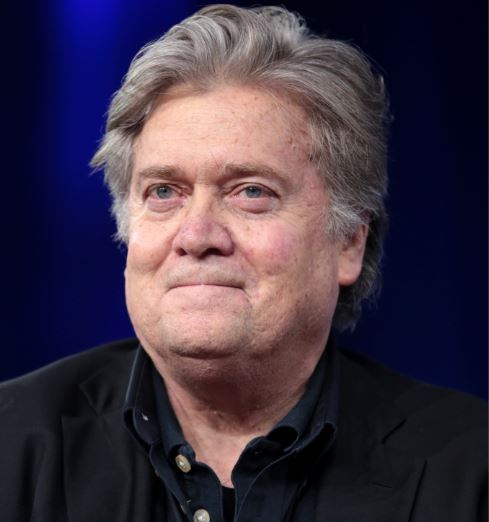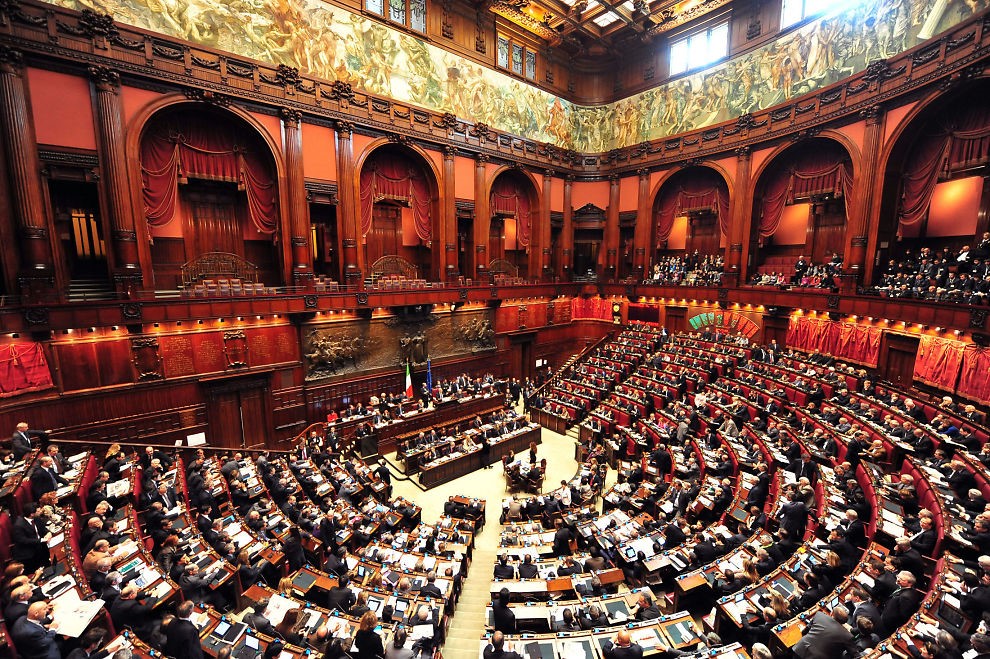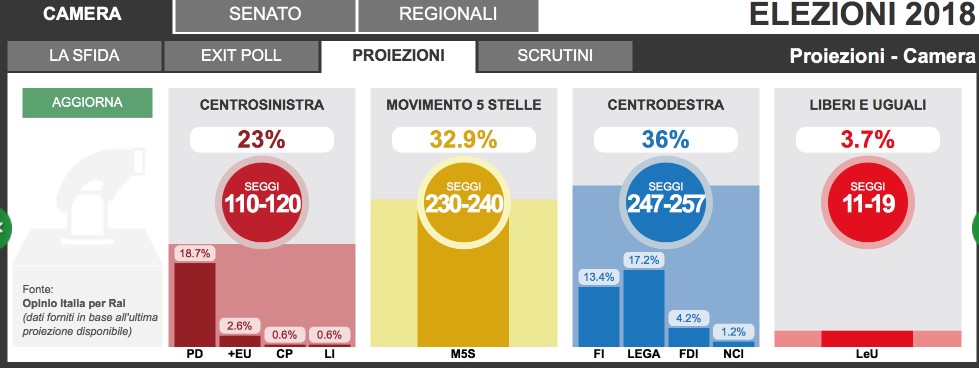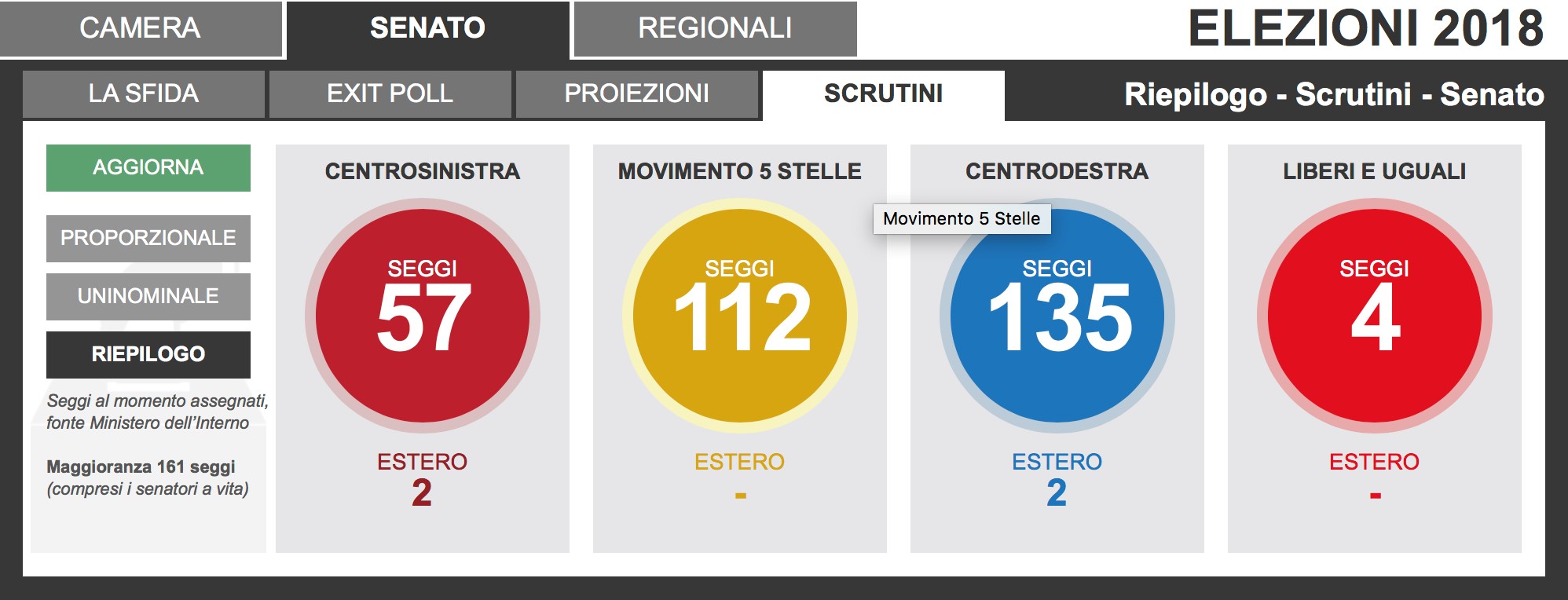
National elections to the State Duma of the Russian Federation, the lower chamber of Russia’s bicameral parliamentary system, were recently held across a three-day voting period from the 17th to the 19th of September. The result was entirely predictable: an apparently resounding victory for Vladimir Putin’s party United Russia (Edinaya Rossiya).
The final count recorded that United Russia took 49.8% of the vote. The nearest rival was the Communist Party which attained a 19% share of the ballots. Following them were the confusingly named ultra-nationalist ‘Liberal Democratic Party of Russia’ (LDPR) on 7.5%, ‘A Just Russia’ on 7.4%, and ‘New People’ on 5.3%, a new party taking part in the elections for the first time.
The Communists, LDPR, and ‘A Just Russia’ are generally considered to be pro-Putin and part of the ‘systemic opposition’ in Russia that allows the simulation of pluralism in the country. New People, meanwhile, advocate the liberal reforms popular among supporters of the jailed opposition leader and Putin-critic Alexei Navalny but without directly attacking Putin, suggesting they are potentially a ‘synthetic party’ convened by Putin’s lackeys to take votes away from the genuine, ‘non-systemic’ opposition.
Such efforts to secure Putin’s dominance show how Russia’s elections have become increasingly uncompetitive over the 21st century, with allegations of vote-rigging and voter coercion always common. However, in 2021, measures to supress the opposition reached new heights both before and during the voting period.
In the build-up to the elections, civil society came under a renewed and vicious assault from the authorities. This included both targeted and mass arrests of protestors following Navalny’s imprisonment in January and many genuine opposition candidates being barred from standing. The rationale behind this new wave of oppression rested on the simple fact that United Russia has become increasingly unpopular in recent times, particularly following the government’s poor performance during the pandemic and allegations of corruption against key party figures, seeing it reach levels as low as 30% in opinion polls.

The elections themselves, meanwhile, were marred by ballot stuffing and an absence of foreign observers. A new online voting system was introduced this year, partially in response to covid, which enabled the security services to monitor voting behaviour and intimidate reluctant state employees to cast their ballot for United Russia. Meanwhile, team Navalny’s tactical or ‘smart’-voting initiative, an app that recommended to voters the most viable non-United Russia candidate in their district to vote for, was blocked by the authorities; Apple and Google both removed the app from their online stores leading to criticism from Navalny’s allies. Yet despite Putin maintaining his two-thirds supermajority in the State Duma, which is required to make constitutional changes such as to limits on presidential terms, there are signs that we may see change in Russia one day.
Though United Russia won, the political capital expended by Putin to win the election, necessitated by the party’s sheer unpopularity, has cost the ruling regime in terms of legitimacy. Meanwhile, even with the use of exceptionally repressive measures, the political technologists of United Russia could not prevent a 4.4% drop in its share of the vote. Furthermore, while the path to extending Putin’s rule beyond 2024 has been secured, as senior RFE/RL correspondent Robert Coalson has said, it is difficult to see how the Kremlin can hold another similar vote, such as in the upcoming 2024 presidential election, having now so thoroughly discredited any remaining democratic credentials it had. While in the last presidential vote of 2018 selected Kremlin-approved liberal opposition candidates were allowed to run, in order to create the impression of a competitive election, no liberal opposition candidate will be willing to stand in such blatantly fraudulent elections. And without the ability to simulate democracy, Putin’s legitimacy and position is at the very least made slightly more uncertain.
There are also signs that the once pliant systemic opposition may be willing to challenge the regime. The Communists, who were long considered a fairly toothless pro-Putin party, have on the back of gaining fifteen seats and increasing their vote share by 6%, been emboldened. Their leader, Gennady Zyuganov has accused the Kremlin of perpetrating a litany of electoral violations, among them ballot stuffing. Some Communists have since come out onto the streets to protest the election results, claiming they were cheated of victory by state interference with the online voting system.
The Kremlin of course denies these allegations, calling the elections a ‘free and fair’ vote. The regime has even sought to deflect these accusations, with former president and Security Council deputy chief Dmitri Medvedev suggesting it may launch a ‘probe’ into supposed US interference in Russia’s political system.
Nevertheless, despite such bluster, the Kremlin must now be aware that through its actions during 2021’s vote it has limited its options via which to claim legitimacy, a development that further down the line could have serious consequences to Putin’s grip on power. Certainly, it cannot be denied that political apathy does remain high in Russia which suits the regime. However, if in 2024 Putin does try to remain in power, as many expect him to do, there are reasons to tentatively predict a political re-awakening in Russia. As Vladimir Kara-Murza says, the continued claim to legitimacy via rigged votes by the ever-present president may prove to be an insult too far to the dignity of Russian voters and 2024 has the potential to become another decisive moment of revolutionary political change in modern Russian history alongside 1917 and 1991.






